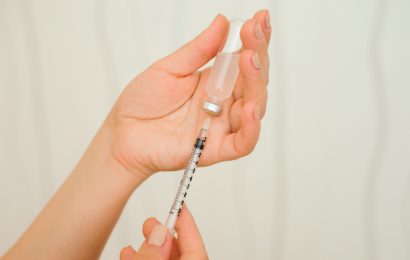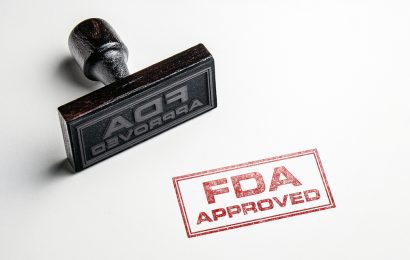A variety of new diabetes-specific findings were recently unveiled at the 73rd Scientific Sessions of the American Diabetes Association, which took place in Chicago from June 21–25. Included among the new research were two studies indicating that, despite (and perhaps as an unintended consequence of ) national improvements in glucose control, serious hypoglycemia (low blood glucose) is still prevalent in the United States. One-third of people with diabetes currently use insulin, and roughly 90% of those who use insulin have experienced hypoglycemia.
Hospital admission rates for hyperglycemia (high blood glucose) have dropped in recent years, likely due to increasing adoption of intensive glucose control efforts. To determine the effects of intensive control on hypoglycemia-related hospital admission, Kasia Lipska, MD, MHS, and colleagues from Yale examined the health-care records of people with Medicare Fee-for-Service coverage age 65 and older.
The researchers found that from 1999 to 2011, hyperglycemia-related hospitalizations fell in this population by 39.5%. But during the same period, hospital admissions for hypoglycemia rose by 22.3%. Hypoglycemia admissions were two times more common among people age 85 and older compared to those ages 65–74. Black adults were also found to be at a high risk for both hypoglycemia and hyperglycemia admissions.
In a separate analysis, Lt. Commander Andrew Geller, MD, of the CDC, and colleagues looked at data from the National Electronic Injury Surveillance System-Cooperative Adverse Drug Event Surveillance and the National Health Interview Survey to determine the number of insulin-related visits to the emergency room from 2007 to 2009.
They found that, of all emergency department visits related to adverse effects from medicine, 6.5% were as a result of insulin. People aged 80 and older were four times as likely as younger people to be hospitalized for insulin-related events. Forty-six percent of the emergency room visits resulted from a failure to eat after injecting insulin, while 22% were as a result of taking the wrong drug (mixing up rapid-acting and long-acting insulins, for example), and 12% were associated with taking the wrong dose of insulin.
Researchers suggested measures such as clearer insulin packaging and an emphasis on educating people about the importance of eating after injecting insulin as ways to lower the rates of severe hypoglycemic episodes.
As Bessie Young, MD, who co-chaired the session in which these studies were presented, noted, this data represents only the most severe cases of hypoglycemia: “People may be seen by paramedics and receive glucose and they’re fine and then never make it to the hospital. So it’s really the tip of the iceberg because so many more patients have hypoglycemic episodes that we don’t even have a clue as to the numbers.”
Because these studies have not yet been peer-reviewed the data should be considered preliminary.
For more information, read the article “ADA: Hypoglycemia Still Poorly Controlled” or see the studies’ abstracts on the official Web site of the 73rd Scientific Sessions. And to learn more about dealing with low blood glucose, read the article “Take a Bite Out of Hypoglycemia: 10 Proven Strategies for Cutting Down on Low Blood Glucose,” by certified diabetes educator Gary Scheiner.




